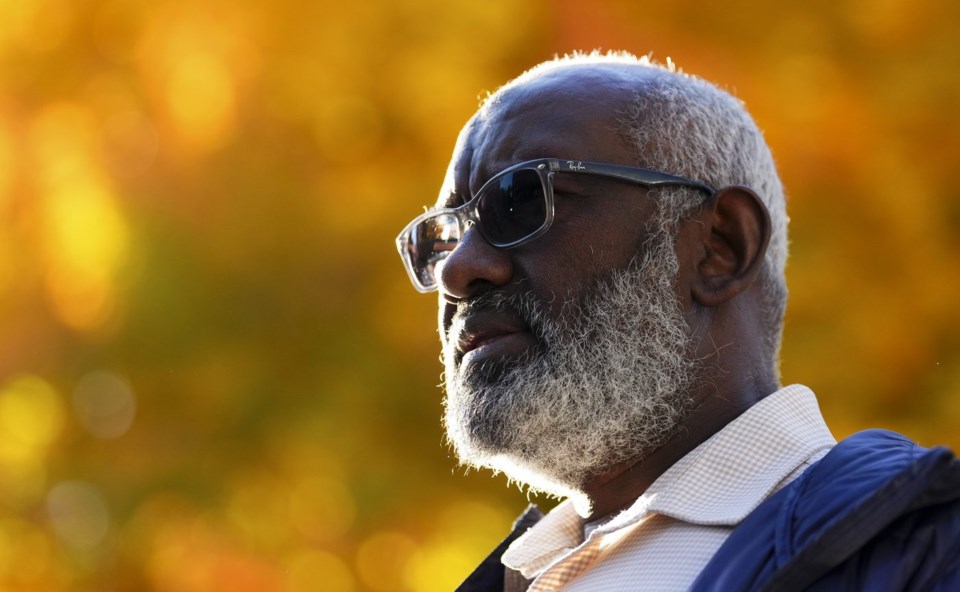OTTAWA — Abousfian Abdelrazik told a court Wednesday about the roller-coaster of emotions he experienced during the tense days of early 2009 when he awaited the green light to return to Canada from Sudan.
The Sudanese-born Abdelrazik settled in Montreal as a refugee and became a Canadian citizen in 1995.
During a 2003 visit to his native country to see his ailing mother, he was arrested, imprisoned and questioned about suspected extremist connections.
Abdelrazik, who denies involvement in terrorism, says he was tortured by Sudanese authorities during two periods of detention by the country's intelligence agency.
The Canadian Security Intelligence Service sent questions to be put to Abdelrazik by Sudanese officials. Officers from the Canadian spy service then showed up in person to interrogate him over two days in late October 2003.
Abdelrazik is suing the Canadian government, claiming officials arranged for his arbitrary imprisonment, encouraged his detention by Sudanese authorities and actively obstructed his repatriation to Canada for several years.
The suit also names Lawrence Cannon, the Conservative foreign affairs minister from 2008 to 2011.
Although filed in 2009, the case is only now being heard in Federal Court after a lengthy delay over sensitive documents.
Abdelrazik's second release from Sudanese custody came in July 2006. However, his inclusion on a United Nations security watch list complicated his efforts to return to Canada.
In late April 2008, Abdelrazik sought refuge in the Canadian Embassy in Khartoum.
He told the court Wednesday of sleeping in the embassy bathroom and later on an uncomfortable cot in the exercise room.
Abdelrazik said a doctor who examined him at the embassy asked about scars on his chest from abuse he suffered in Sudanese custody. He testified that because he did not know the doctor, he did not tell her how he got them.
In March 2009, Abdelrazik made arrangements to fly home to Canada and asked Ottawa to issue him an emergency passport.
However, his hopes were dashed early the next month — at least temporarily — when Cannon refused the passport request just before the scheduled flight.
Abdelrazik told the court it was like "a mountain falling down on my head," causing great distress.
Abdelrazik returned to Canada in late June 2009 after a judge ruled Ottawa breached his constitutional rights by refusing to give him the emergency travel document.
He recalled being "full of joy" upon learning of the court's ruling.
CSIS first took an interest in Abdelrazik in 1996 due to his association with people suspected of being national security threats, says an agreed statement of facts in the case.
A federal lawyer began cross-examining Abdelrazik on Wednesday, asking about his time in Montreal and indicating CSIS was eavesdropping on him.
Abdelrazik denied an assertion that he celebrated the terrorist attacks of Sept. 11, 2001, on the United States.
Cross-examination is slated to continue Thursday.
This report by The Canadian Press was first published Oct. 23, 2024.
Jim Bronskill, The Canadian Press
